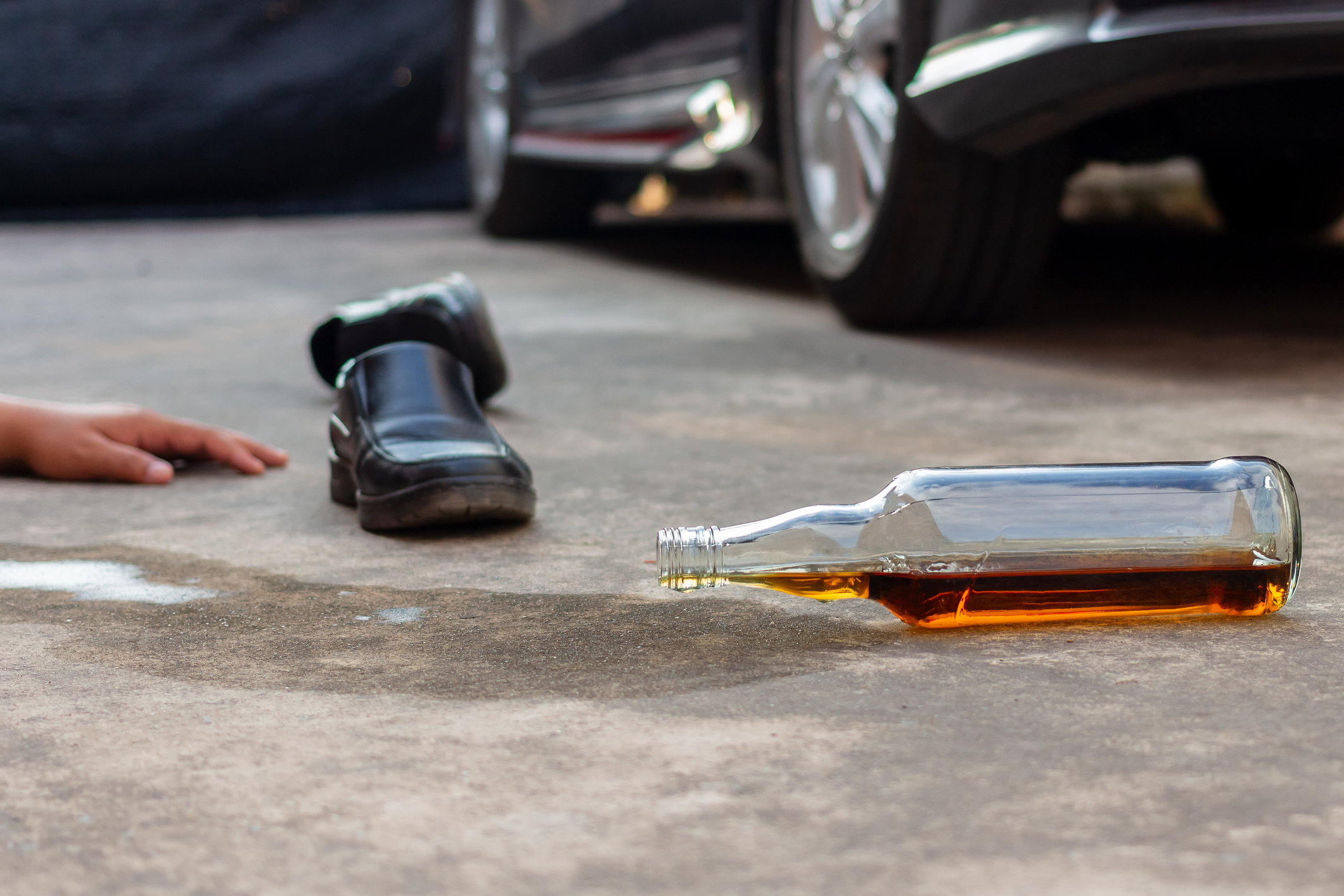Understanding DUI Manslaughter Defense Strategies in Orlando
DUI (Driving Under the Influence) manslaughter occurs when a person operating a vehicle under the influence of alcohol or drugs causes the death of another person. The consequences can be particularly severe because two legal elements are combined—driving under the influence and manslaughter, both of which carry heavy penalties. The complexity of these cases requires a defense strategy tailored to the specific facts and circumstances of the accident.
Overview of DUI Manslaughter in Florida
In Florida, DUI manslaughter is considered a second-degree felony punishable by up to 15 years in prison. In addition to imprisonment, someone convicted of DUI manslaughter may face hefty fines, loss of driving privileges, and a permanent criminal record. Because the consequences can be severe, the accused needs to work with an experienced criminal defense attorney who understands the complexities of DUI manslaughter cases in Orlando.
What Are Some Key DUI Manslaughter Defense Strategies?
Being charged doesn’t automatically result in a conviction. Several legal defenses may result in reduced or even dismissed charges. These strategies, ranging from challenging evidence to questioning the legality of the stop, are designed to weaken the prosecution’s case and protect the rights of the accused.
Challenging the Legality of the Traffic Stop
One of the first steps in defending against a DUI manslaughter charge is to assess whether the traffic stop that led to the arrest was lawful.
Police must have probable cause or reasonable suspicion to stop a driver. This means the officer must have observed erratic driving or other suspicious behavior that led them to believe the driver was impaired. If the defense can prove that the traffic stop was illegal, any evidence gathered from that stop, including field sobriety test results, breathalyzer readings, and blood tests, may be suppressed. Without this evidence, the prosecution may have little to no case.
Contesting Breathalyzer or Blood Test Results
The prosecution typically relies on blood alcohol content (BAC) levels to prove that the defendant was under the influence at the time of the accident. However, there are several ways to challenge the accuracy and validity of these test results. If the device used to measure BAC was not properly maintained or calibrated, the results may be inaccurate and might be challenged. The test results may be unreliable if the specific protocols were not followed correctly. Certain medical conditions, such as acid reflux, diabetes, or the use of certain medications, can lead to false-positive breathalyzer results. The defense can argue that the BAC reading was a result of a medical issue rather than alcohol consumption. BAC levels can fluctuate over time, and it may take hours for alcohol to enter a person’s bloodstream fully. If there was a significant delay between the time of the accident and the time of testing, the BAC result may not accurately reflect the defendant’s level of impairment at the time of the crash.
Questioning the Cause of Death
DUI manslaughter cases hinge on proving that the defendant’s impaired driving directly caused the death of another person. However, the defense might argue that the death resulted from another factor or that the defendant’s actions were not the primary cause of the fatality.
If the victim had a pre-existing medical condition that contributed to their death, the defense may argue that the defendant’s actions were not the sole cause of death. The defense may also point to the actions of other drivers, road conditions, or poor weather as contributing factors to the accident, lessening the defendant’s liability.
Disputing Impairment at the Time of the Accident
Proving that the defendant was impaired at the exact moment of the accident can be challenging for the prosecution. The defense may introduce evidence showing that the defendant’s level of impairment was not sufficient for a DUI conviction. This can be particularly effective in cases where the BAC level was borderline or other factors may have influenced the defendant’s behavior.
Using Expert Testimony
In many DUI manslaughter cases, expert witnesses can play a critical role. A defense attorney may bring experts to challenge the prosecution’s evidence and offer alternative explanations for the accident. Toxicologists can analyze the defendant’s BAC levels and provide testimony about how alcohol or drugs would have affected their ability to drive. Accident reconstruction specialists recreate the accident scene to demonstrate that factors other than intoxication caused the crash. Medical professionals may be called to testify about the victim’s pre-existing health conditions or the impact of injuries sustained in the accident.
Questioning Procedural Errors and Constitutional Violations
DUI manslaughter cases often involve complex procedures, from the collection of evidence to the administration of tests. Any failure to follow proper protocol can allow a defense attorney to challenge the evidence. Failure to read Miranda rights is an example of a procedural error. If the police failed to inform the defendant of their rights upon arrest, any statements made during questioning may be inadmissible in court. Another procedural error is improperly collected evidence. If law enforcement mishandled evidence, such as blood samples or accident scene photos, it may be excluded from the case. If the defense can show that the defendant’s constitutional rights were violated at any stage of the investigation or arrest, the charges may be reduced or dismissed entirely.
Charged with DUI Manslaughter in Orlando? Panella Law Firm Works to Defend You
A DUI manslaughter charge is serious—but a strong defense can make all the difference. With years of experience defending clients in Orlando, Panella Law Firm works to challenge the prosecution’s evidence and fight for the best outcome. Contact us today at 407-602-6559 for a free case evaluation.



